Over the past few days, there has been a shock as the United States and the United Kingdom have imposed (separate) electronics bans on all flights from certain destinations. While most bans just leave me feeling sorry for those affected (such as the U.S. travel ban, which left me really sad but partially unable to relate), this one has shaken me more than any other. While I’ll try to avoid looking at this from my own perspective, as I use electronics on planes differently from most travelers, I’d like to quickly run through my thoughts – I’m no expert when it comes to travel laws, so Jason may be able to come up with a more definitive post describing the parameters of the ban.
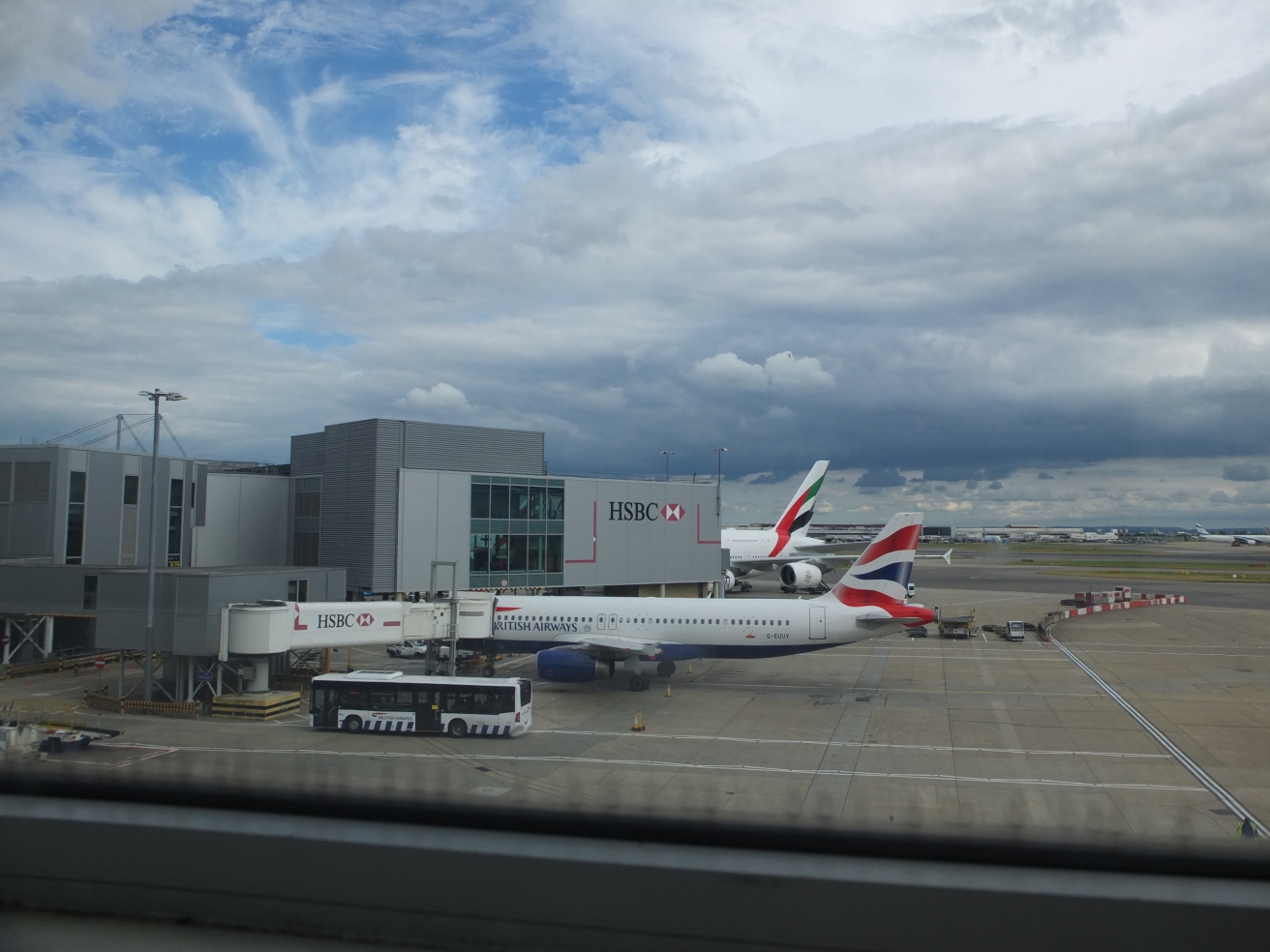 Some passengers may be greatly affected on the way to the United Kingdom and the United States, especially to Heathrow Airport
Some passengers may be greatly affected on the way to the United Kingdom and the United States, especially to Heathrow Airport
What countries are affected?
While the United Kingdom and the United States decided to impose bans at the same time, the actual countries affected are different in both cases. The United Kingdom has decided to impose a ban on all electronics on flights from:
- Egypt
- Jordan
- Lebanon
- Tunisia
- Turkey
- Saudi Arabia
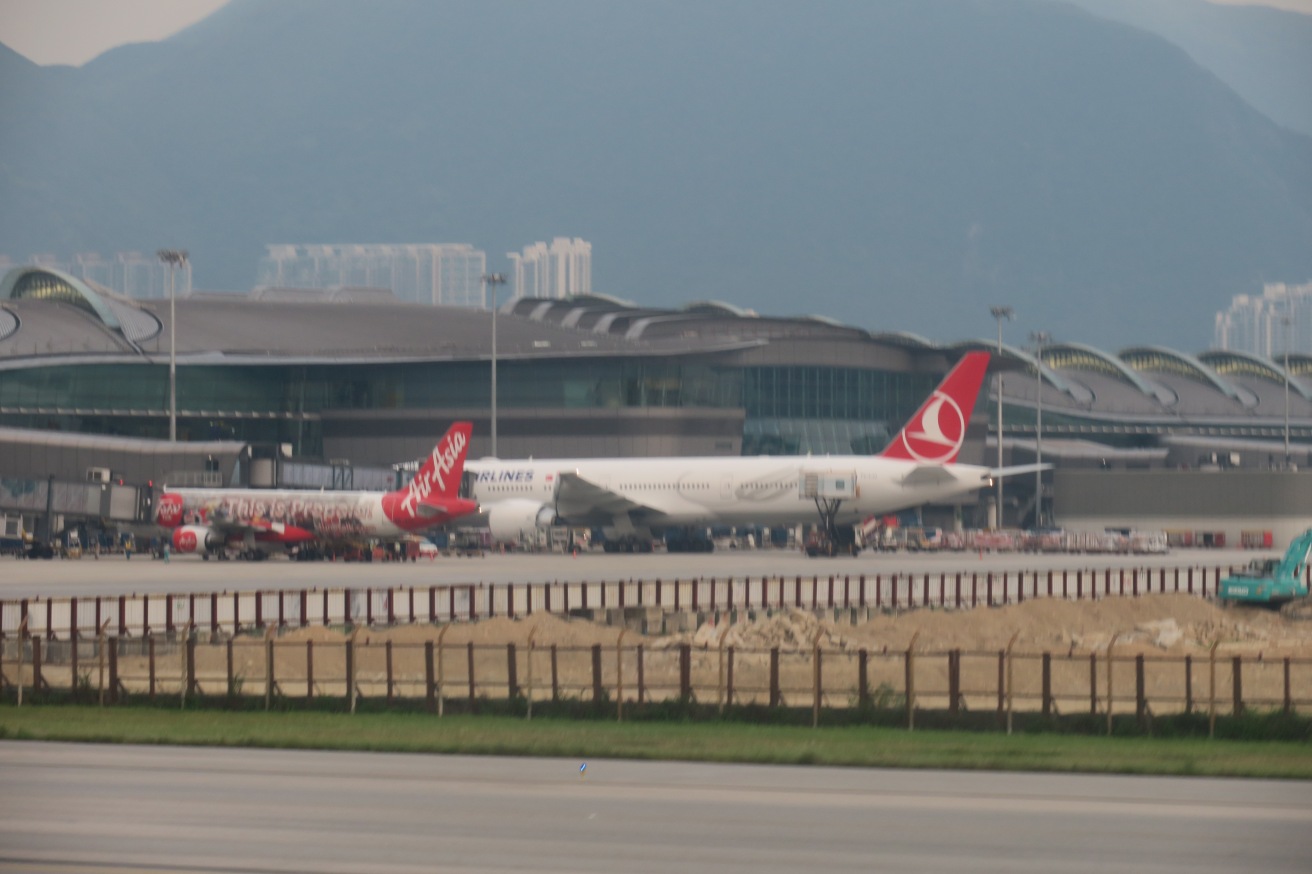 If you’re flying Turkish Airlines to London, you won’t be able to bring certain electronics onboard your flight
If you’re flying Turkish Airlines to London, you won’t be able to bring certain electronics onboard your flight
The United States has a list that isn’t exactly more questionable, but rather will affect a much greater proportion of travelers:
- Jordan
- United Arab Emirates
- Egypt
- Morocco
- Qatar
- Turkey
- Saudi Arabia
- Kuwait
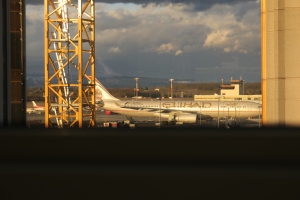 U.S.-bound flyers on Etihad, Emirates and Qatar won’t be able to bring electronics onboard their flights
U.S.-bound flyers on Etihad, Emirates and Qatar won’t be able to bring electronics onboard their flights
What electronics will be banned?
The United States electronics ban excludes mobile phones, though computers and cameras/other electronic equipment will be strictly prohibited. The United Kingdom’s ban is slightly different, in which only electronics larger than 16cm in length, 9.3cm width and 1.5cm depth will be prohibited. Unfortunately, that’s smaller than just about any laptop, so I’d treat the bans similarly. The iPhone 6S will not be prohibited – it’s 15.8cm in length, 7.7cm in width and 0.71cm in depth, so it will be allowed onboard.
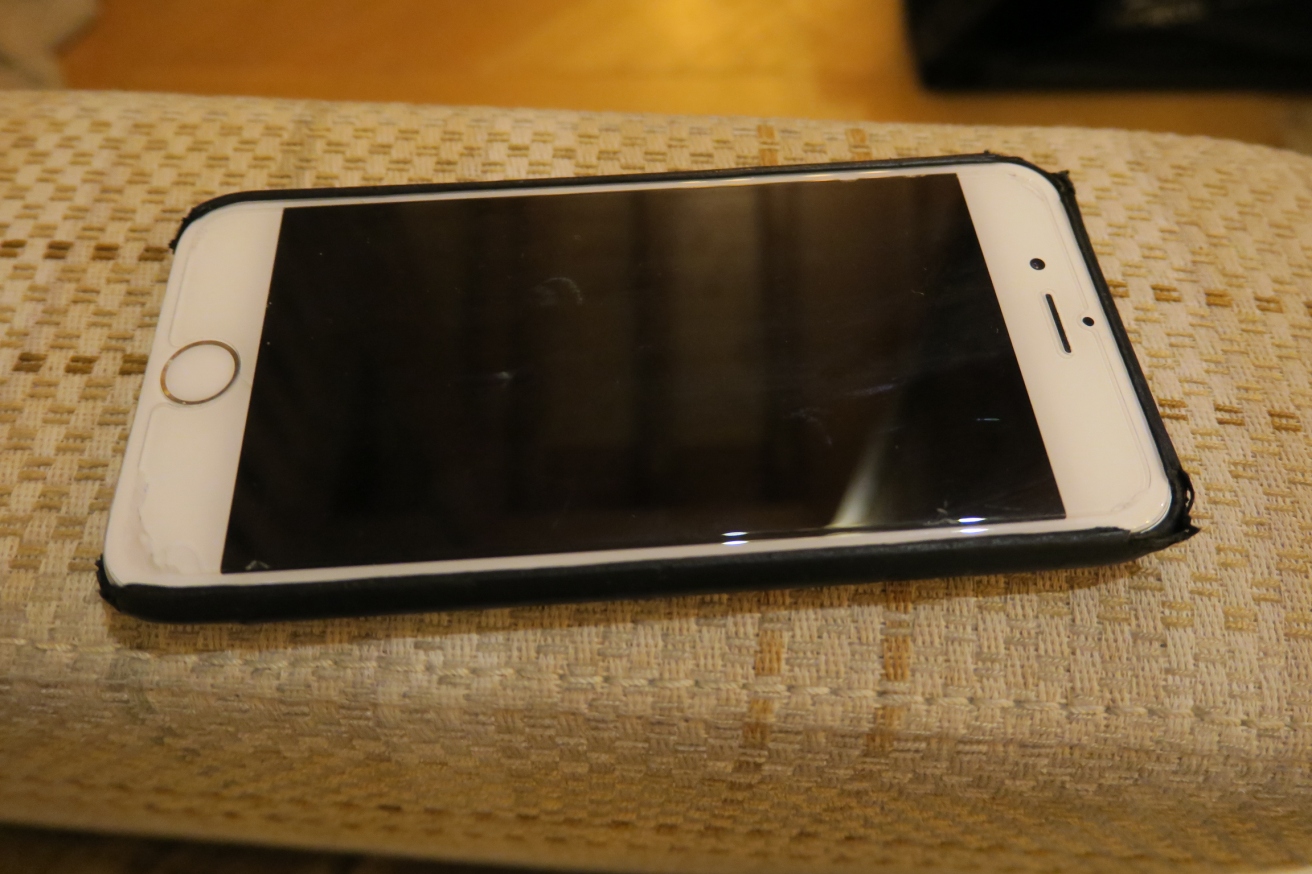 Most phones will be allowed onboard, though computers will be a no-no
Most phones will be allowed onboard, though computers will be a no-no
As a travel blogger who takes pictures with cameras and works on my computer onboard, I will actively avoid any banned flights, and will avoid booking flights on the affected airlines in general.
Why does this matter?
First of all, I’m just going to quickly note that this ban is completely nonsensical to me. It makes no sense that electronics are allowed to be checked, yet won’t be allowed onboard flights. An undetected bomb in the cargo hold is not going to be any easier to detect compared to an undetected bomb in the cabin.
It’s pretty evident that the United States is just trying to stop competition – other bloggers have pointed out that Lagos, Nigeria, a city with an infinitely more corrupt government compared to Qatar and the UAE, hasn’t been banned. Why? Because the only airline that flies there is Delta, so they don’t have any competition to stop.
 U.S. airlines are being protected by the TSA with this ban
U.S. airlines are being protected by the TSA with this ban
This electronics ban will definitely empty out flights from the above countries, so I’m not sure if countries are watching safety concerns or just trying to grab benefits.
What questions do I have?
I don’t know what questions will be answered, but I certainly do have a lot to ask, especially as someone who’s still a fish out of water when it comes to the laws and regulations of the industry. There are a lot of questions I’d like to address, some of which are particularly selfish, as they affect me – though that’s the industry trend in general, so I’m not afraid to put these questions out as they are.
Will other countries catch on, or will this be strictly between the United States and the United Kingdom?
When the U.S. imposed the ban, I was certain that it was another move in the face of Donald Trump, who personally I haven’t supported. When the UK joined in, I started to get truly worried. It’s a relief that the UK hasn’t put any of the “big three” in the ban – I’m not sure if it’s solely because British Airways flies to all three destinations or because the UK genuinely doesn’t think Doha, Abu Dhabi and Dubai will pose a threat, but I’m certainly going to be on the watch. My initial question was if Germany would catch on, as you guys all know I’ve confirmed flights from Doha to Munich on Qatar – if Germany does catch on, I’m screwed.
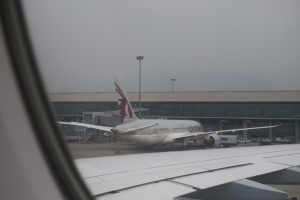 Qatar Airways Boeing 787-8 Hong Kong Airport
Qatar Airways Boeing 787-8 Hong Kong Airport
However, looking away from myself for a second, I’m genuinely worried that this will become more of an international trend, as the lack of electronics onboard could really change travel.
Will this ban be persistent or will it be lifted soon?
I don’t have any reasons why a widespread electronics ban would be beneficial to air travel. But then, you could say the same to the existing policies imposed by the UK and the U.S.
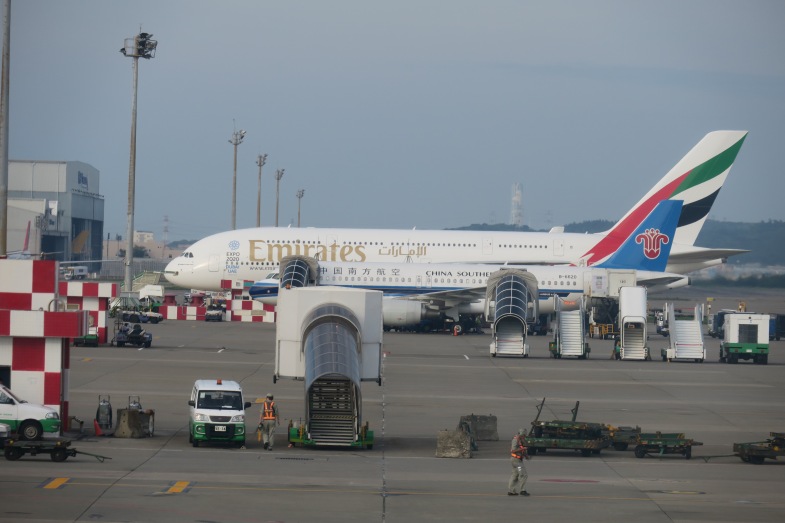 Emirates’ 12 routes to the U.S. will all be affected, which suggests a significant impact on travelers
Emirates’ 12 routes to the U.S. will all be affected, which suggests a significant impact on travelers
I’m really wondering if we’ll see a trend in the future which leads eventually to a universal ban of inflight electronics, or if it’s just a phase that both countries will see as useless in the near future. I can predict what the U.S. is trying to do with their ban, and the UK is clearly just responding to the U.S. – I can’t see any reason otherwise.
Bottom Line
I’m really concerned about the growth of the trend of banning electronics onboard flights, especially since, if anything, this poses more threats to flying. I do hope that this is just a phase of TSA pettiness that will fade away really quickly, though I’m keen to see what else people have to say about this. Jason will come up with a post with more details shortly, as he know quite a bit more about the industry than I do.